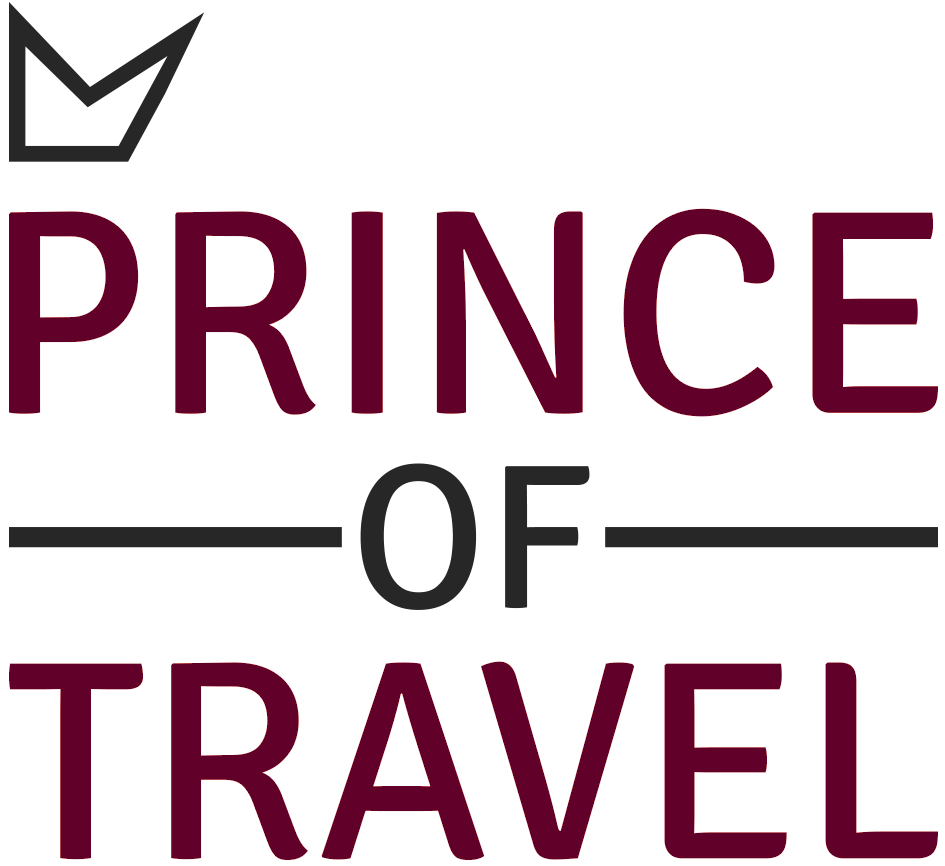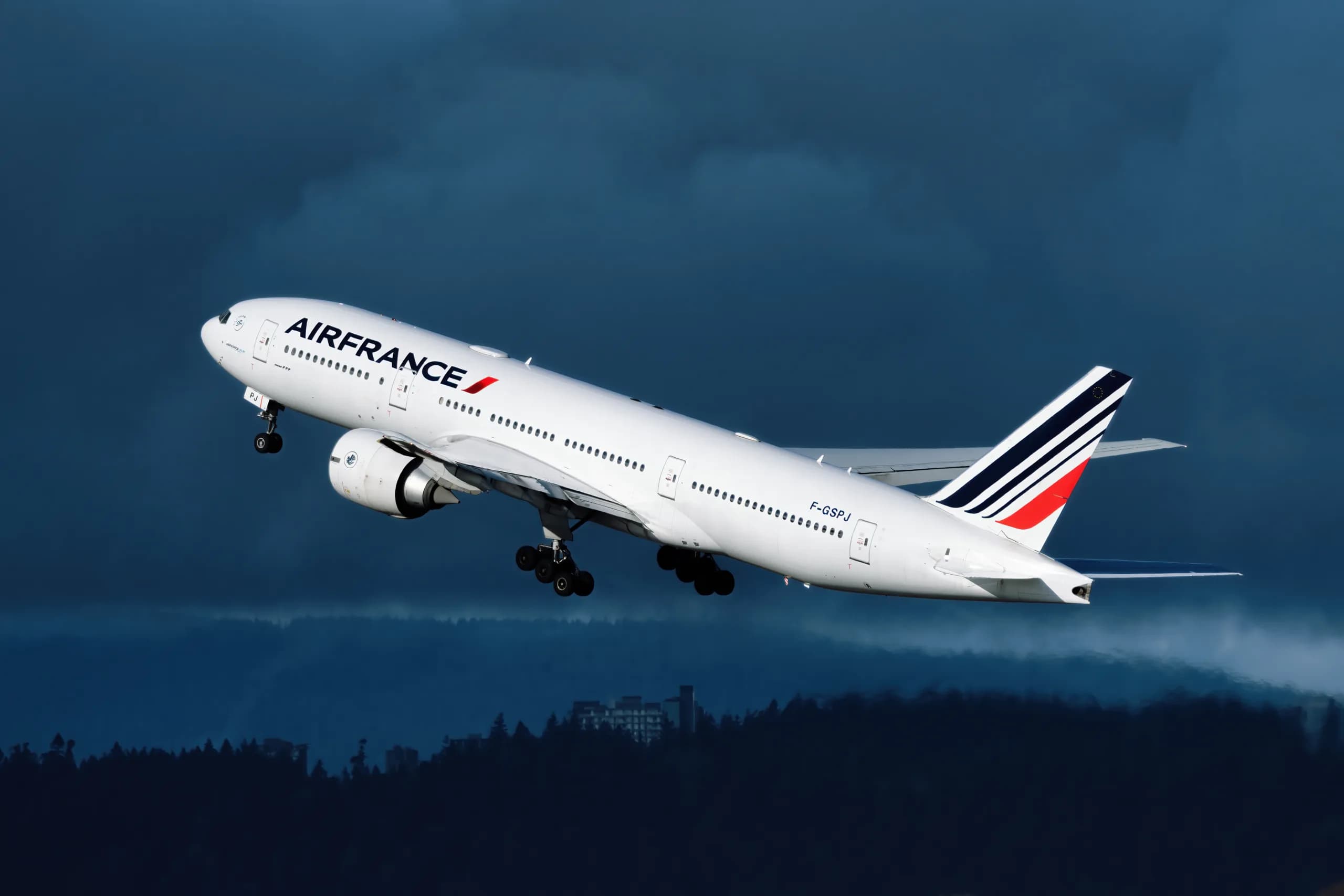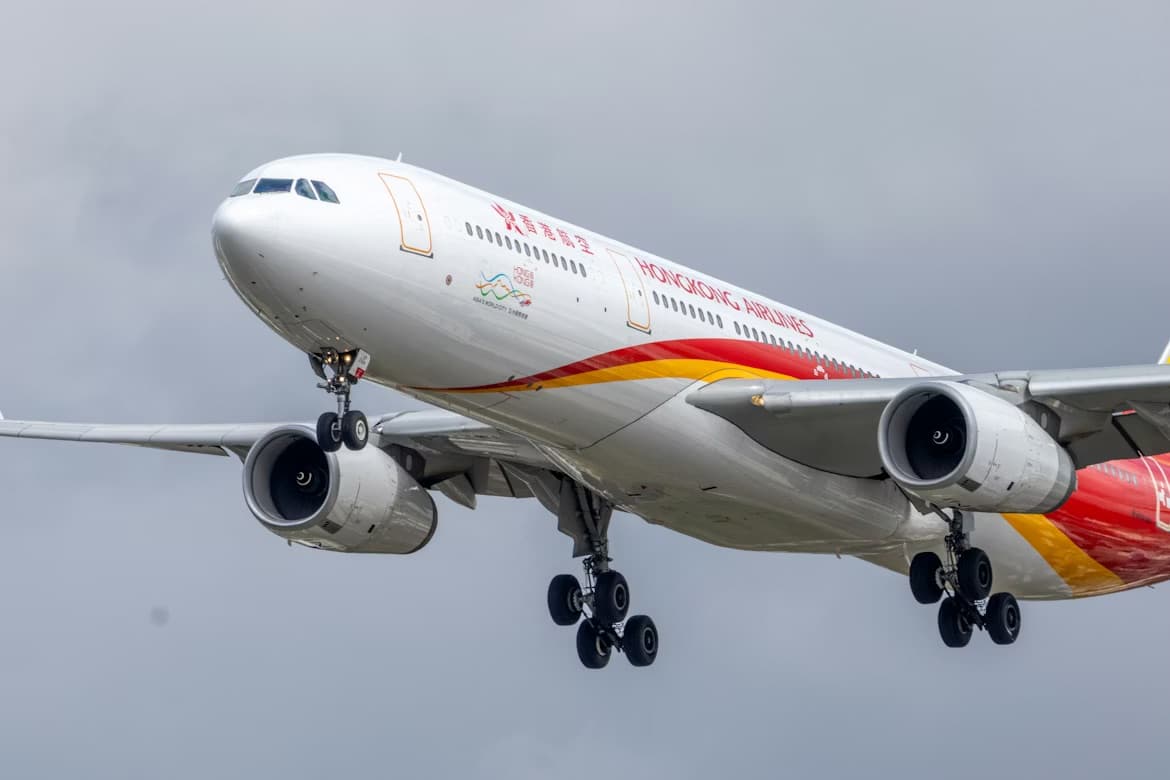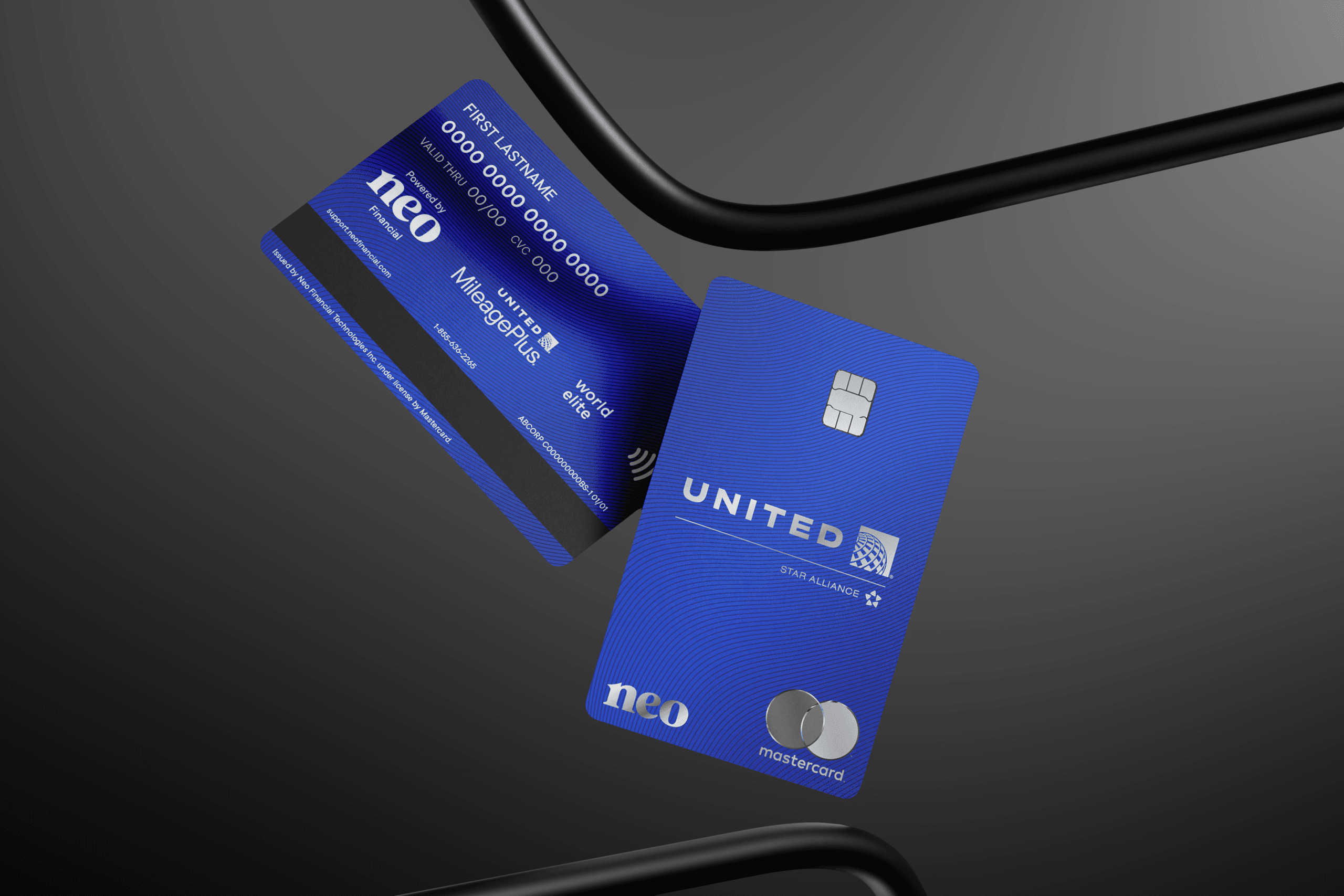Changes to Canada’s Air Passenger Protection Regulations
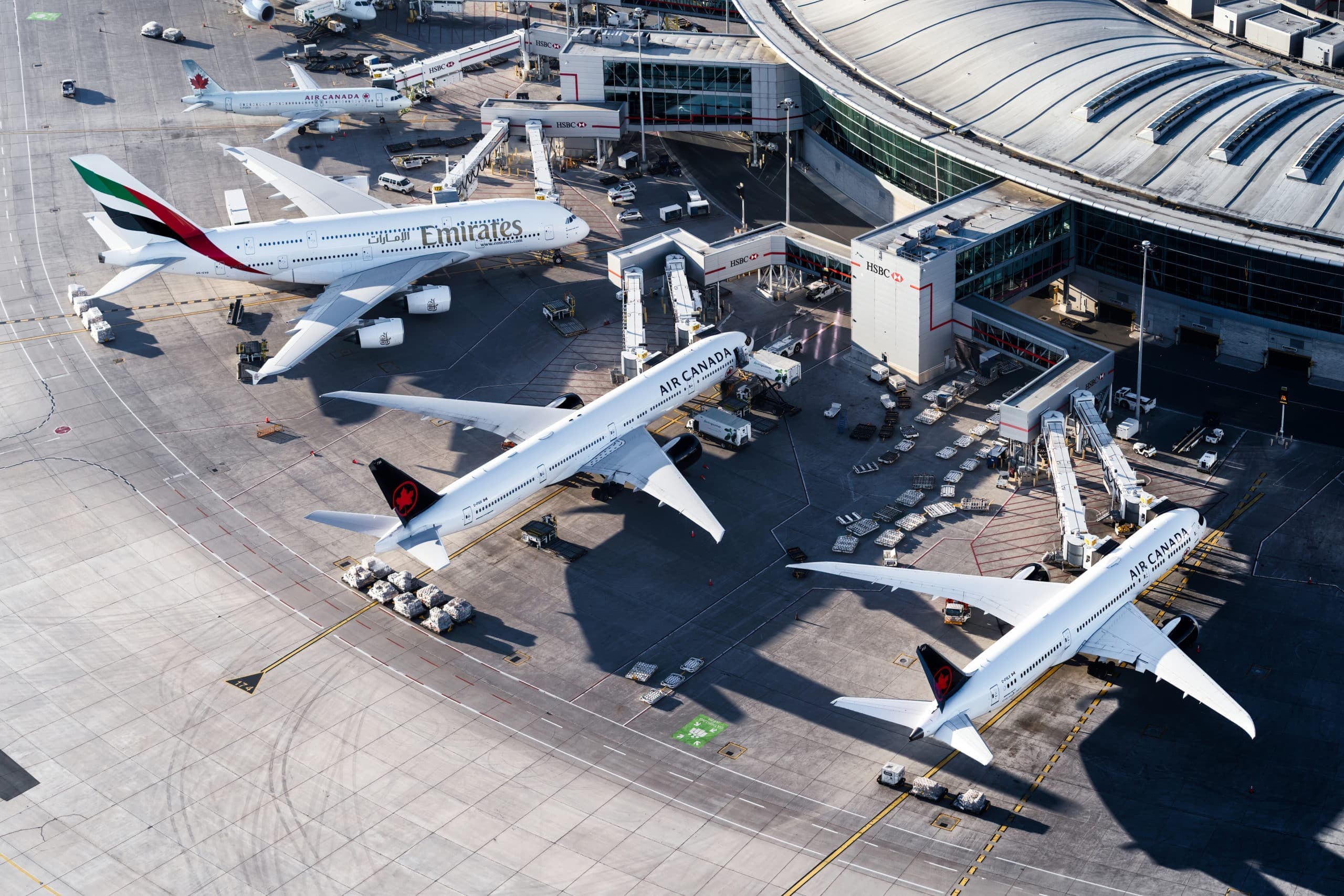
In December 2019, back just before the world took a strange turn for the worse, Canada’s Air Passenger Protection Regulations (APPR) fully came into effect.
The COVID-19 pandemic certainly tested the implementation of these new rules, largely resulting in frustrating the very people they were meant to protect.
As a result of the pandemic, the Canadian Transportation Agency recently announced changes to the APPR, which they argue better serve air passengers travelling to, from, or within Canada.
Let’s have a look at the changes, which will come into effect on September 8, 2022, and whether or not they fit that bill.
What Are the Air Passenger Protection Regulations?
Canada’s Air Passenger Protection Regulations (APPR) are legislated rules for what airlines must offer passengers. They affect the airline’s responsibility in a number of regards, including:
- Seating arrangements for families
- Communication during IRROPS
- Lost or damaged baggage
- Delayed and/or cancelled flights, and
- Instances of denied boarding
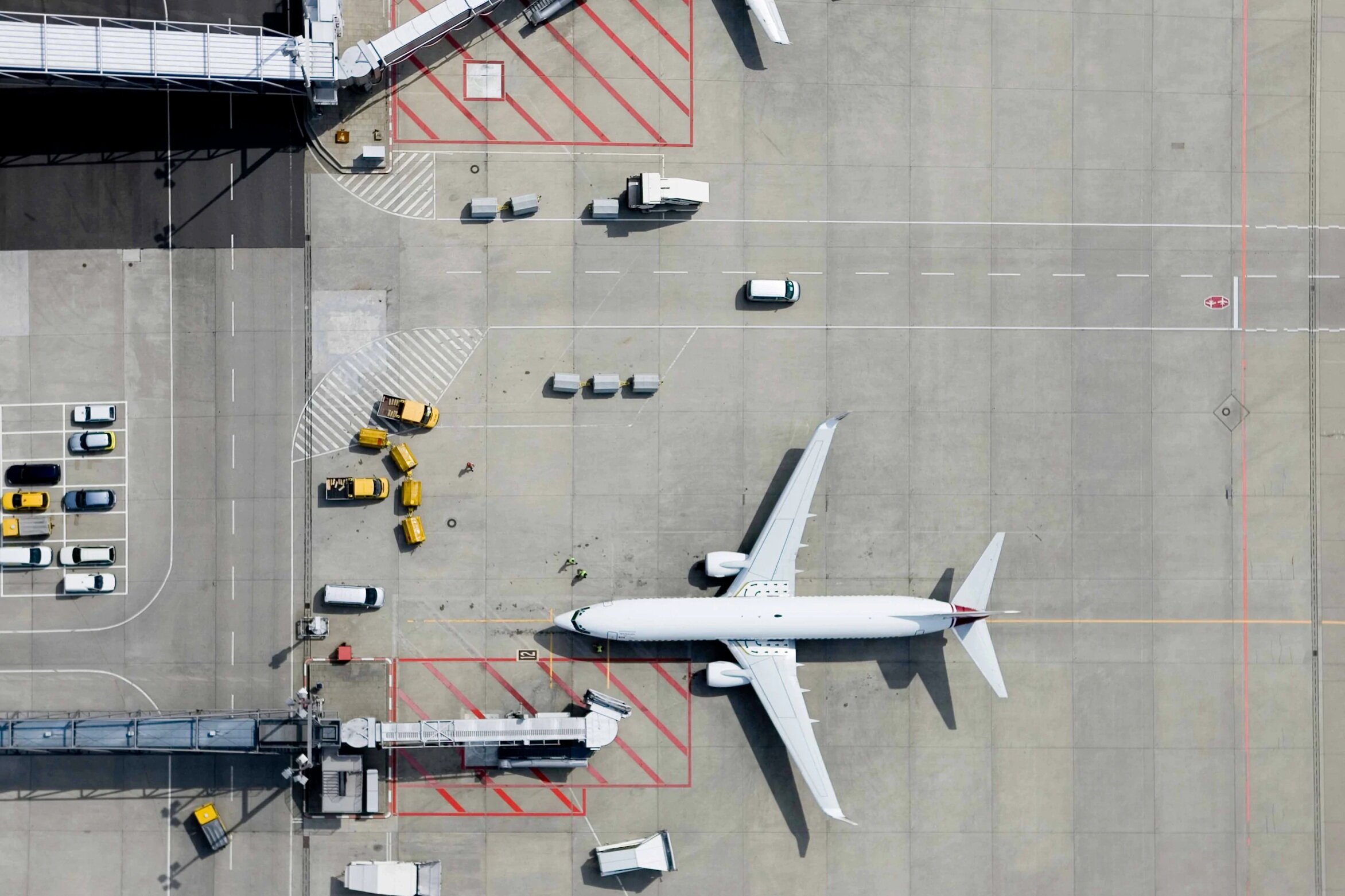
Air Passenger Protection Regulations: Your Rights on Canadian Flights
Read moreOf these rules, the most impactful are the obligations around delayed and/or cancelled flights.
The number of delayed and cancelled flights over the past two years has been unprecedented. This was particularly so during the height of the pandemic, when air travel largely hit a standstill, but has continued up to the current time, when airports, airlines, and government service providers struggle to provide a seamless experience.

As a reminder, in the event of a flight delay, airlines are obligated to provide certain standards of treatment depending on the reason for and length of the delay.
For situations that are within the airline’s control, such as overbooking or mechanical malfunctions during routine maintenance, airlines are required to provide the following compensation:
-
If you are delayed by between three and six hours, you are eligible to receive at least $400 with large airlines and $125 with small airlines.
-
If you are delayed by between six and nine hours, you are eligible to receive at least $700 with large airlines and $250 with small airlines.
-
If you are delayed by nine or more hours, you are eligible to receive at least $1,000 with large airlines and $500 with small airlines
For situations within the airline’s control but required for safety, such as safety decisions made the by pilot or unforeseen events that are legally required to reduce risk to passengers, as well as for situations completely within the airline’s control, airlines:
- Must provide food and drink in reasonable quantities
- Offer hotel accommodation in the event of an overnight delay
- Rebook passengers on any airline, if the delay reaches nine hours or longer, and
- Offer passengers refunds if the arrangements no longer meet their needs
While passengers won’t receive any compensation if the cause of the delay was within the airline’s control but required for safety purposes, they at least (in theory) will be fed, sheltered, and eventually arrive at their final destination.

Up until now, if the cause of the delay was outside of the airline’s control, such as war, inclement weather, bird strikes, or labour disruptions, airlines simply had to ensure the passenger completed their itinerary.
If they weren’t able to accommodate the passenger within 48 hours of the end of the disruption-causing event from the same airport, then passengers must be booked to depart from other airports, as is possible.
The changes to the APPR affect delays and cancellations for reasons outside of the airline’s control. Let’s have a look at specifically what is changing.
What Are the Changes?
If a flight is cancelled or experiences a delay of greater than three hours for reasons outside of the airline’s control, as of September 8, 2022, airlines will be required to offer passengers a choice of a refund or being rebooked.
Notably, this is only the case if the passenger is unable to be accommodated with an alternative reservation departing within 48 hours of the original departure time.
Furthermore, airlines have up to 30 days to issue the refund.
In other words, if the airline can rebook you on flights that depart within 48 hours of your originally scheduled departure time, either operated by the original airline or with a partner airline, you aren’t eligible for a refund.
If the airline cannot provide you with a confirmed reservation departing within 48 hours of your originally scheduled departure time, only then will you be offered the choice between rebooking or being refunded.

Again, these changes only affect flights that are delayed or cancelled due to situations outside the airline’s control; the other aspects of the APPR remain largely the same.
These changes come into effect as a result of gaps exposed in the existing regulations during the pandemic. The Canadian Transportation Agency was directed by the Minister of Transport to consult with the public, airlines, consumer advocates, and industry representatives to come up with amendments to close these gaps in a manner that is reasonable to all involved parties.
The upcoming changes, detailed above, are a direct result of these hearings. How impactful they’ll be, however, remains to be seen.
Are These Changes Helpful?
At first glance, making airlines refund passengers for lengthy delays or cancellations for situations outside of their control seems great.
We’ve all seen the battle consumers waged against airlines to get a refund after their flight was cancelled during the pandemic. Airlines held onto money, largely without any repercussion of any kind, while passengers went to extreme lengths, including taking airlines to court, to get their monies returned.

Furthermore, airlines used or are using very liberal interpretations of what was in their control and what wasn’t to avoid refunding passengers under the first iteration of APPR.
While crew scheduling certainly falls within the airline’s control, airlines argue that crew scheduling constraints caused by ongoing effects of the COVID-19 pandemic were actually out of their control.
It seemed as though airlines were able to use any excuse, again largely without any repercussions, to avoid refunding passengers. With the past events in hindsight, will these changes make a large difference to passengers going forward?
The key detail in these changes is the 48-hour timeline airlines have to rebook passengers. For delays or cancellations outside of the airline’s control, as long as they get you on your way within two days, they avoid being required to offer a refund.
From major hubs and on large airlines, it’s very likely that they’ll be able to offer one of many alternatives to get you to your destination within a reasonable amount of time. This is especially the case if the airline is a member of an airline alliance, such as Star Alliance or SkyTeam, as they’ll use partner airlines as needed.

From smaller hubs or on small airlines, it becomes less likely that a reasonable alternative will be available, as there aren’t as many options at the airline’s disposal.
For many passengers who travel for short trips, such as weekend trips or business day trips, or for those who travel on a tight timeline and have a short window to arrive at their destination, 48 hours is a long time. Indeed, an entire trip could last less than 48 hours.
If a flight is cancelled on a Friday evening and you are rebooked on Sunday morning, is there really any point in travelling if you’ll have to fly back on Sunday night anyway? In this situation, you still wouldn’t be eligible for a refund under the new provisions, and you’d either wind up losing out on your money or your valuable time away.
For example, I recently had a flight booked from Vancouver Island to Edmonton to soak in some playoff atmosphere. I was set to depart on a Saturday morning and return on Sunday evening.

Luckily, the cancellation was within the airline’s control and I received a refund without any issue, but if the new rules had come into effect and the reason for the delay was outside of the airline’s control, I’d be left in an unfortunate situation.
Critics of these changes argue that giving airlines a 48-hour risk-free window will leave many passengers hanging, while airlines and industry partners may suggest that this is a reasonable period of time for situations that are actually outside their control.
I’m not entirely confident that the reasons being given to passengers for flight delays and cancellations in Canada are 100% honest, and I’m also not entirely confident that there is strong enforcement or oversight.
While passengers may escalate their claim either to the CTA or by going to small claims court, this is an unnecessary burden that drags out what should be a simple, streamlined process for much longer than it should take.
How Does the APPR Compare with Other Countries?
It’s impossible to please all parties involved in such murky situations, but could the APPR have just been aligned with air passenger regulations in other jurisdictions?
Those who were involved in crafting the APPR have touted them as a “world leading approach to air passenger rights,” while consumer advocates and critics are quick to point out the APPR’s shortcomings when compared to similar regulations in other countries.
EU261, which covers travel to and from the European Union, is often touted as the gold standard for air passenger rights worldwide.
Under EU261, passengers are entitled to a refund if their flight is cancelled for any reason.

Contrary to the upcoming changes to Canada’s APPR, there is no grace period for airlines to accommodate passengers both for situations within and outside of their control under EU261; if you are delayed beyond five hours or if your flight is cancelled, you have the right to be refunded.
This is also the case in other countries, such as the United States, Israel, and Turkey, where airlines must offer passengers a refund if their flight is delayed beyond a few hours or cancelled for any reason.
Furthermore, in other jurisdictions, refunds must be processed in a more timely manner – usually within a week.
When compared to similar air passenger protection regulations in other countries, Canada’s upcoming changes to the APPR, and indeed the APPR as a whole, appear to fall well short of the standard.
Conclusion
There is an upcoming change to Canada’s Air Passenger Protection Regulations. As of September 8, 2022, for situations outside of the airline’s control, airlines must refund passengers if they are unable to rebook them within 48 hours of the originally scheduled departure time.
While these changes will be implemented to close some gaps in the APPR exposed by the COVID-19 pandemic, Canada’s APPR will still fall short of offering the same or better regulations as provided in other countries.
These changes are not likely to affect the vast majority of travellers, who are likely to be accommodated within the 48 hour window. Those who book on shorter trips will lose out on time and/or money, and it would be prudent for the APPR to further close this loophole.

T.J. is curious about everywhere he hasn’t been to yet. Exploring countries by foot and connecting with locals guide his love for travel. Earning and redeeming points to jazz up the experience has become the icing on his travel cake.
First-year value
$336
Monthly fee: $15.99
• Earn 1,250 points per month upon spending $750 per month for 12 months
Earning rates
Key perks
- Transfer to airline and hotel partners
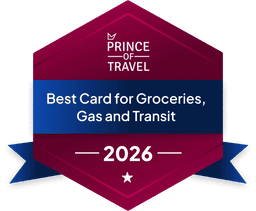
Monthly fee: $15.99
• Earn 1,250 points per month upon spending $750 per month for 12 months
Earning rates
Key perks
- Transfer to airline and hotel partners
